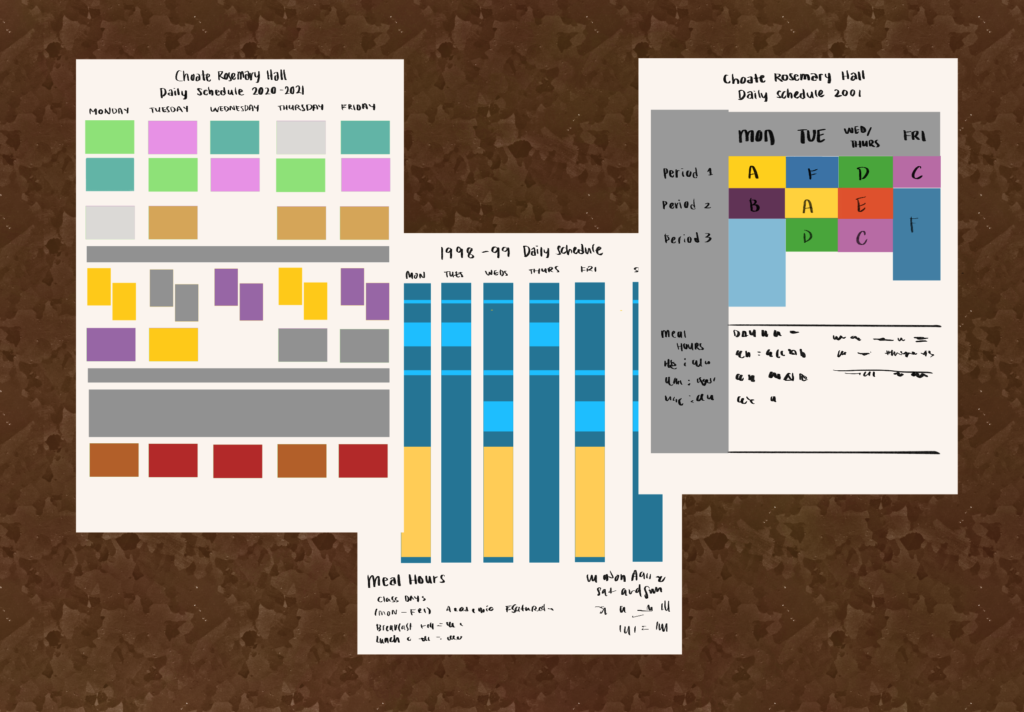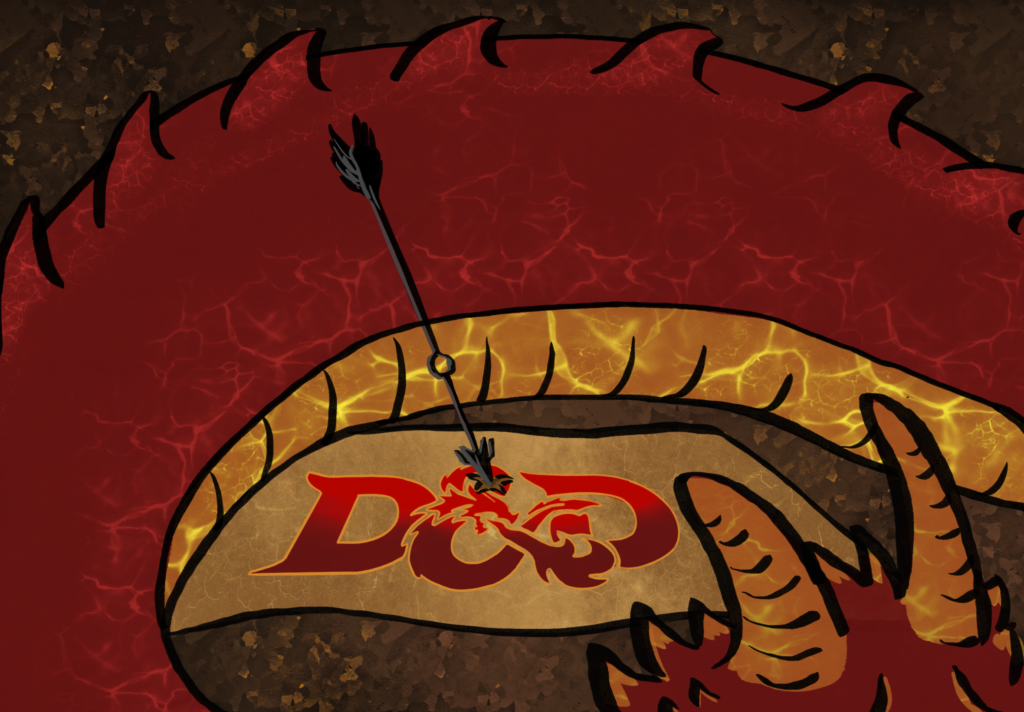It’s weird to think of teachers’ lives beyond their assigned homework, quizzes, and class plans. Students often forget that the people that stand before them in the classroom were once exactly in their shoes. So, driven with curiosity to figure out what led teachers to a Choate classroom, I went to the sources themselves and asked them why they became Choate teachers.
“As a student, I never expected to be on the other side of the desk,” said Sixth-Form Dean and Spanish teacher Ms. Julia Brown, who graduated from Choate in 1983.
This was a common answer among many of the interviewed teachers. For most, becoming a teacher wasn’t what they saw themselves doing when they were younger. Biology teacher and Science Research Program adviser Dr. Selena Gell said, “I always enjoyed teaching, but I originally thought I would be a full-time scientist.” She added, “My mom was a teacher, my grandmother was a teacher, my great-grandmother was a teacher, so teaching always came naturally to me as it had been such a big part of my family life.”
Third-Form Dean, French teacher, and English teacher Dr. Katie Jewett said, “I loved the teachers in my life. Most of all my mother, who was my first and best teacher.”
Dean of Students Mr. Mike Velez ’00 said, “My adviser and English teacher during my sixth-form year at Choate inspired me to become a teacher.”
How was it actually stepping into a classroom? “It was terrifying,” recalled English teacher Mr. Mark Gosztyla: Teaching, he said, “requires a willingness to fail with a group of students, which can be really scary.”
Mr. Velez experienced a challenge that stemmed from his identity as a young alumnus teacher: “One of the most challenging tasks was calling my former teachers by their first names!” he said. Fair enough; it would be weird coming back to your high school and working alongside your old teachers. (Frankly, I can’t imagine calling them by their first names, either!)
Dr. Jewett said that working as a teacher “was and is a process of learning of content and skills but also of learning about oneself, others, and about life. I think I’m still becoming a teacher.” She added, “It’s like Michelle Obama said, ‘Becoming is never giving up on the idea that there’s more growing to be done.’”
So, what led these teachers to Choate? Ms. Brown said, “I went on the Choate website to find a booklist. Then I saw they had an opening for a part-time Spanish teacher who was on maternity leave. I taught for three months, and I just loved it.”
Like all jobs, educating has its ups and downs. “Adolescents are so dynamic and unpredictable,” said Dr. Jewett. “When you mix them with good ideas to talk about, you never know what you are going to get.”
Thus, motivation and perseverance are key. “Helping individuals reach their own goals and aspirations while also equipping them with essential skills that will allow them to excel beyond their time at Choate is what keeps me working to be the best educator possible,” noted Mr. Velez.
Finally, I asked for some advice. Ms. Brown said, “You have to be passionate. Learn, learn, learn.”
Mr. Gosztyla added, “Do everything you can to not be the teachers that taught you, even the best ones.” He said, “You need to be your own individual, to handle situations your own way, to pursue things that you’re curious about, and to show, more than anything, how much there is in the world to be curious about.”

Graphic by Yujin Kim/The Choate News




